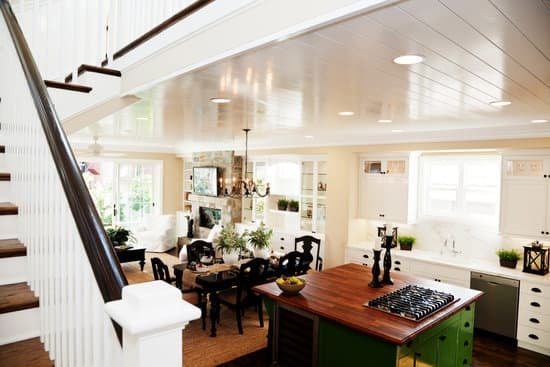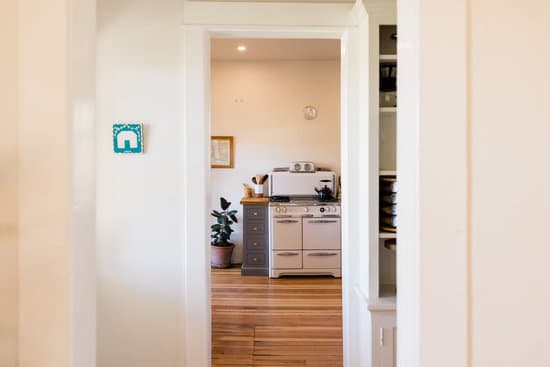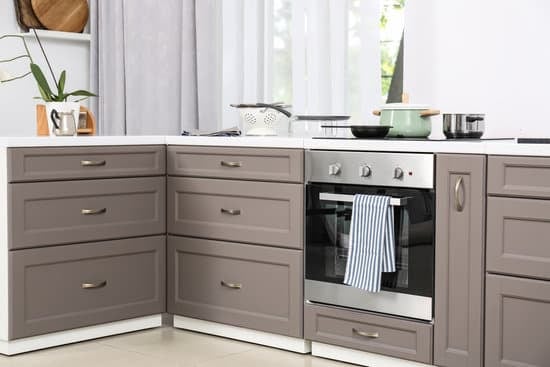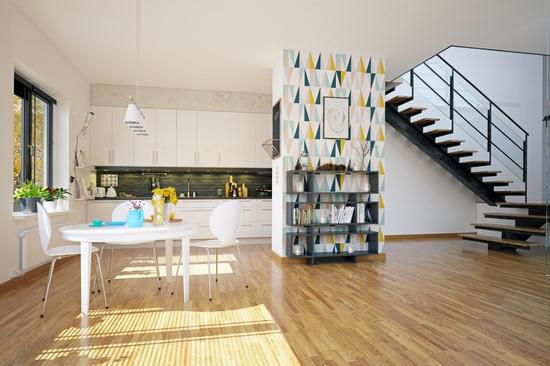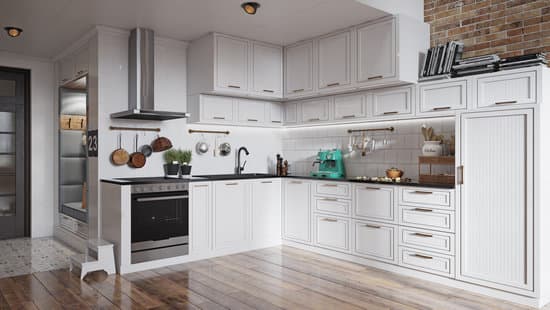Are you considering redoing your kitchen floors but unsure about the cost? Look no further! In this article, we will guide you through the process of determining how much it will cost to give your kitchen floors a fresh new look. From choosing the right flooring material to budgeting and planning, we’ve got you covered. By understanding the expenses involved and taking necessary precautions, you’ll be able to create a safe and stylish kitchen space that fits your budget.
Choosing the Right Flooring Material
When choosing the right flooring material for your kitchen, it’s important to consider both cost and durability. Safety should also be a top priority. When it comes to budget considerations, there are various options available that won’t break the bank. One affordable and eco-friendly option is laminate flooring. It mimics the look of hardwood or tile but at a fraction of the cost. Not only is it easy to clean, but it also provides good traction, reducing the risk of slips and falls in the kitchen. Another budget-friendly choice is vinyl flooring, which comes in a wide range of styles and colors. It’s durable, resistant to stains and water damage, making it ideal for high-traffic areas like kitchens. By considering these options, you can find a flooring material that meets your needs without compromising on safety or breaking your budget.
Determining the Scope of the Project
To determine the scope of your kitchen floor project, start by considering the extent of the work needed. Assess whether you only need to replace the flooring material or if there are underlying issues that require repair, such as damaged subflooring or water damage. This will help you estimate expenses accurately and avoid any surprises during the renovation process. When comparing different flooring options, prioritize safety by choosing materials that are slip-resistant and durable. Look for flooring options that are easy to clean and maintain, as this will contribute to a safe and healthy kitchen environment. Additionally, consider factors like moisture resistance and longevity when making your decision. By carefully evaluating these aspects, you can ensure a successful kitchen floor redo within your budget while prioritizing safety.
Labor Costs and Hiring Professionals
If you want professional help, you should consider hiring experts to handle the labor for your kitchen floor project. Hiring contractors can ensure that the job is done correctly and efficiently, saving you time and potential headaches. When looking to hire professionals, make sure to get multiple cost estimates from different contractors. This will give you a better idea of the average price range for your project and allow you to choose the best option for your budget. Additionally, hiring licensed and insured contractors is crucial for ensuring safety during the project. They have the necessary skills and knowledge to handle any challenges that may arise, reducing the risk of accidents or mistakes. Remember, investing in qualified professionals can provide peace of mind and a quality end result for your kitchen floor renovation.
Additional Expenses to Consider
One important aspect to consider are the potential extra costs involved in your kitchen floor renovation. When choosing flooring material options, it’s essential to prioritize safety. Opt for materials that are slip-resistant and durable, such as vinyl or ceramic tiles. While these may have a higher upfront cost, they will provide long-term value and ensure the safety of your family. Additionally, don’t forget to factor in the cost of removing old flooring. This can vary depending on the type of flooring you currently have and the labor required for its removal. It’s crucial to hire professionals who have experience in safely removing old flooring without causing damage or releasing harmful substances into the air. Investing in proper removal techniques will protect both your health and your budget in the long run.
Budgeting and Planning for Kitchen Floor Renovations
When budgeting and planning for your kitchen floor renovations, it’s important to consider all the necessary expenses involved. Here are some key items to keep in mind:
- Planning timeline: Create a detailed timeline that includes all the steps of your renovation project. This will help you stay organized and ensure that everything is completed on time.
- Cost saving tips: Look for ways to save money without compromising on quality. Consider buying materials in bulk or opting for less expensive alternatives that still meet your safety requirements.
- Research contractors: Take the time to research and compare different contractors before making a decision. Look for professionals who have experience with kitchen floor renovations and can provide references.
- Safety precautions: Prioritize safety during the renovation process. Make sure to allocate funds for any necessary safety equipment, such as goggles, gloves, and dust masks.
By carefully planning and considering these factors, you can ensure a successful kitchen floor renovation while staying within your budget.
Conclusion
In conclusion, when considering a kitchen floor renovation, it is essential to choose the right flooring material that fits your style and budget. Additionally, determining the scope of the project and understanding labor costs will help you make informed decisions. Remember to factor in any additional expenses such as removing old flooring or purchasing new appliances. By carefully budgeting and planning for your kitchen floor renovations, you can create a beautiful and functional space that meets your needs.


